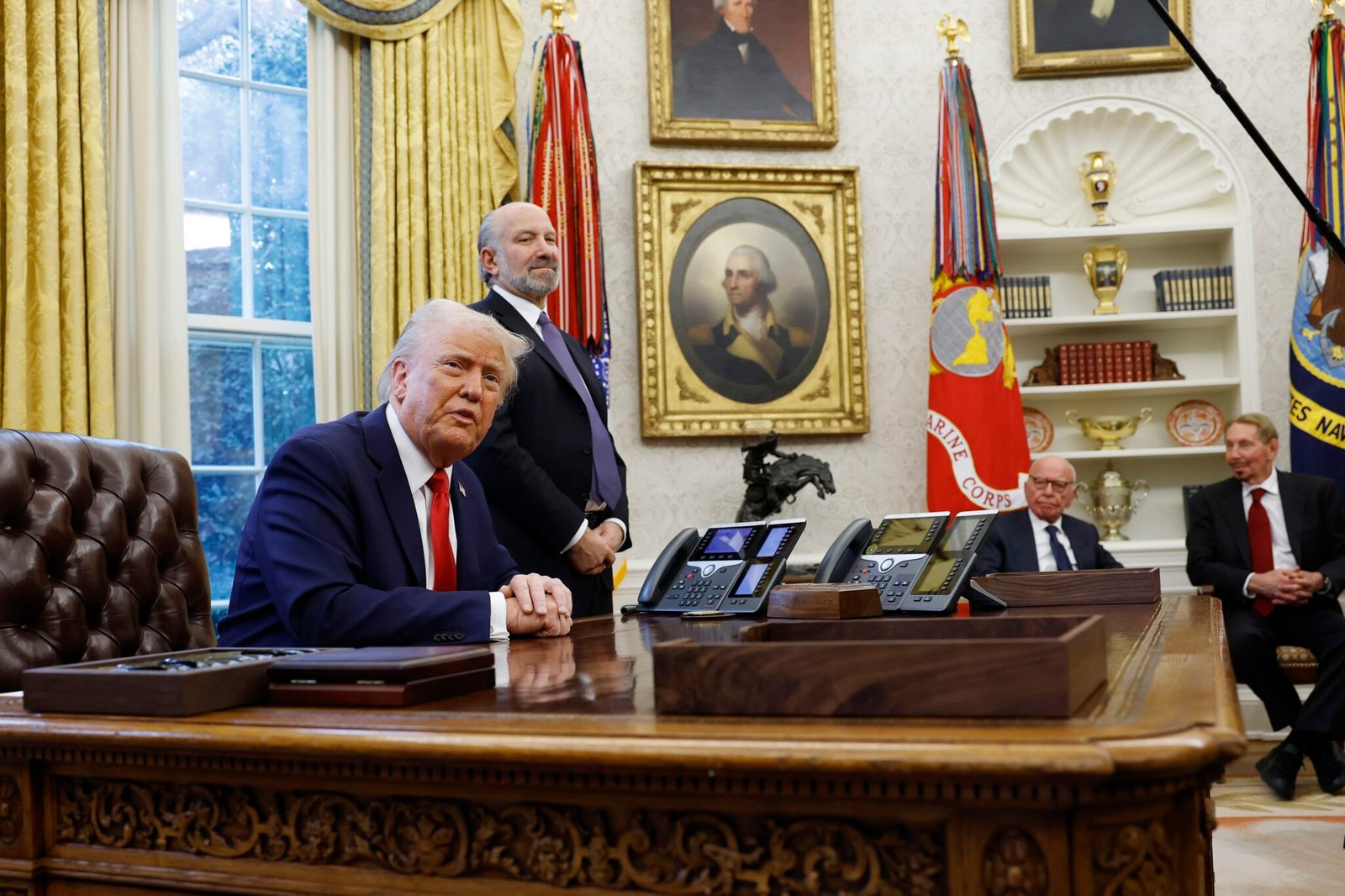Canada
Trump Delays Major Tariffs on Canada and Mexico for 30 Days

WASHINGTON — President Donald Trump announced a one-month delay on implementing extensive tariffs against Mexico and Canada, following agreements by both countries to address U.S. concerns over drug trafficking and illegal immigration.
The delay comes after Trump signed executive orders imposing a 25% tariff on imports from Mexico and Canada, and a 10% tariff on Chinese goods, starting early Tuesday. While the tariffs on China will remain, the negotiations with Mexico and Canada will proceed as planned.
Economists warn of potential adverse impacts these tariffs could inflict on American consumers. The tariffs aim to hold Mexico, Canada, and China accountable for their commitments to combat illegal immigration and reduce the influx of fentanyl, a potent opioid that has devastated communities across the U.S.
As top U.S. trading partners, Mexico, Canada, and China had signaled plans for retaliatory measures in response to Trump’s tariff announcements. In a social media post, Trump stated that Canada had pledged to secure the Northern Border and combat the opioid crisis. He emphasized the urgency of addressing fentanyl trafficking, citing its deadly toll on American lives.
Trump engaged in two calls with Canadian Prime Minister Justin Trudeau. Following their discussions, Trudeau disclosed Canada’s $1.3 billion initiative to bolster border security, which includes enhanced technology and additional personnel, as well as collaboration with U.S. officials.
Trudeau also noted the deployment of nearly 10,000 personnel dedicated to border protection, an upcoming appointment of a “Fentanyl Czar,” and Canada’s plans to classify drug cartels as terrorist organizations. New measures to strengthen joint efforts against organized crime and drug trafficking were also outlined.
Meanwhile, Trump reported a “very friendly conversation” with Mexico’s President Claudia Sheinbaum, who agreed to pause the anticipated tariffs while negotiations with U.S. officials advance. Sheinbaum committed to sending 10,000 troops to the U.S.-Mexico border to assist with curbing illegal immigration and fentanyl smuggling.
Senate Democrats, including Minority Leader Chuck Schumer, voiced concerns regarding the ramifications of the tariff proposals on American families. They criticized the measures as benefiting wealthy individuals at the expense of the middle class.
Schumer described the tariffs as effectively a tax increase on American consumers, emphasizing that the burdens of such tariffs disproportionately affect those in the middle class. In discussions about potential legislative responses, Senator Ron Wyden indicated that a range of options was being considered to limit the powers associated with the tariffs.
Ernie Tedeschi from Yale’s Budget Lab emphasized that their analysis estimated an average price increase of about $1,250 per American household, underscoring that such tariffs are not equitably distributed across income levels.
Last updated 3:44 p.m., Feb. 3, 2025


















